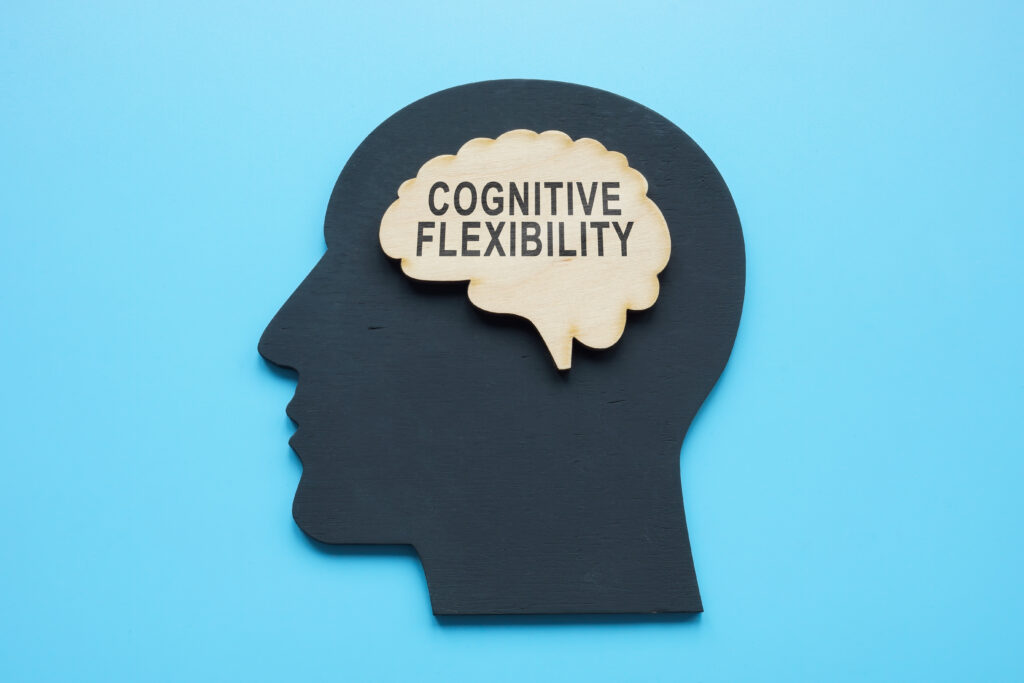Alzheimer’s disease is a progressive neurodegenerative disorder that affects millions of people worldwide. One of the most prominent symptoms of this disease is memory loss, which can be classified into two types: retrospective memory and prospective memory. Retrospective memory refers to the ability to remember past events, while prospective memory refers to the ability to remember future tasks or events. In Alzheimer’s disease, both types of memory can be affected, but prospective memory deficits are particularly debilitating for individuals and their caregivers.
Prospective memory involves several cognitive processes, such as encoding, storage, and retrieval. In simple terms, it is the ability to remember to do something in the future, like taking medication, attending an appointment, or completing a task. This type of memory is crucial for daily functioning and allows us to plan and execute our daily tasks effectively. However, in Alzheimer’s disease, the progressive damage to the brain affects these cognitive processes and can result in significant difficulties with prospective memory.
One of the main reasons for prospective memory deficits in Alzheimer’s is the damage to the prefrontal cortex, which is responsible for executive functions. These functions include planning, organizing, and problem-solving, all of which are essential for prospective memory. As the prefrontal cortex deteriorates in Alzheimer’s, individuals may struggle to plan and organize their daily tasks, leading to difficulties with remembering future events.
Moreover, Alzheimer’s disease also affects the hippocampus, a brain region involved in memory formation and retrieval. As a result, individuals may have trouble encoding and storing new information for future use. This impairment in encoding and storage can make it challenging to remember future events or tasks.
Additionally, studies have shown that Alzheimer’s disease also affects the brain regions responsible for attention and concentration. This can result in individuals becoming easily distracted and having difficulty maintaining focus on a certain task or event. As a consequence, they may forget to complete a task or attend an important event.
The severity of prospective memory deficits in Alzheimer’s disease can vary from person to person. In the early stages of the disease, individuals may only experience mild difficulties with prospective memory, such as forgetting to turn off the stove or missing an appointment. However, as the disease progresses, these difficulties can become more severe and significantly impact daily functioning.
Prospective memory deficits not only affect the individual with Alzheimer’s but also their caregivers. As the disease progresses, caregivers often have to take on a more significant role in managing daily tasks and events for their loved one. This can be emotionally and physically exhausting for caregivers, and they may experience feelings of frustration, guilt, and burnout.
Fortunately, there are strategies that can help individuals with Alzheimer’s manage their prospective memory deficits and maintain some level of independence. These strategies include using memory aids like calendars and reminder notes, establishing routines, and breaking down tasks into smaller, manageable steps. Caregivers can also provide support and assistance by regularly reminding their loved ones about upcoming tasks or events.
Furthermore, research has shown that engaging in mentally stimulating activities, such as puzzles, reading, or learning new skills, can help improve prospective memory in individuals with Alzheimer’s. These activities can help keep the brain active and may slow down the progression of the disease.
In conclusion, prospective memory deficits in Alzheimer’s disease can be challenging for both individuals and their caregivers. The progressive damage to the brain affects various cognitive processes involved in prospective memory and can significantly impact daily functioning. However, with the right strategies and support, individuals with Alzheimer’s can still maintain some level of independence and continue to live a meaningful life.


